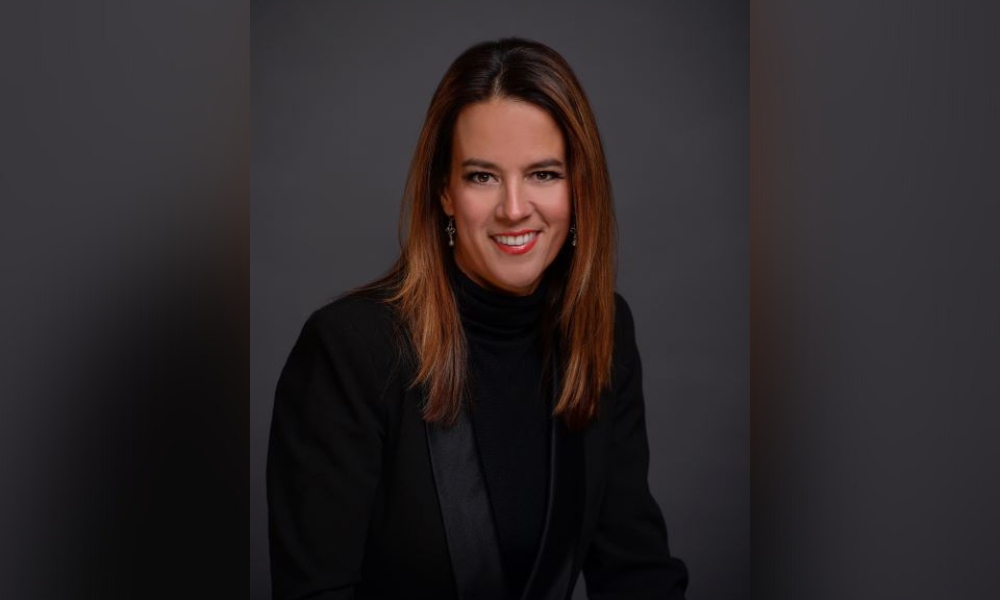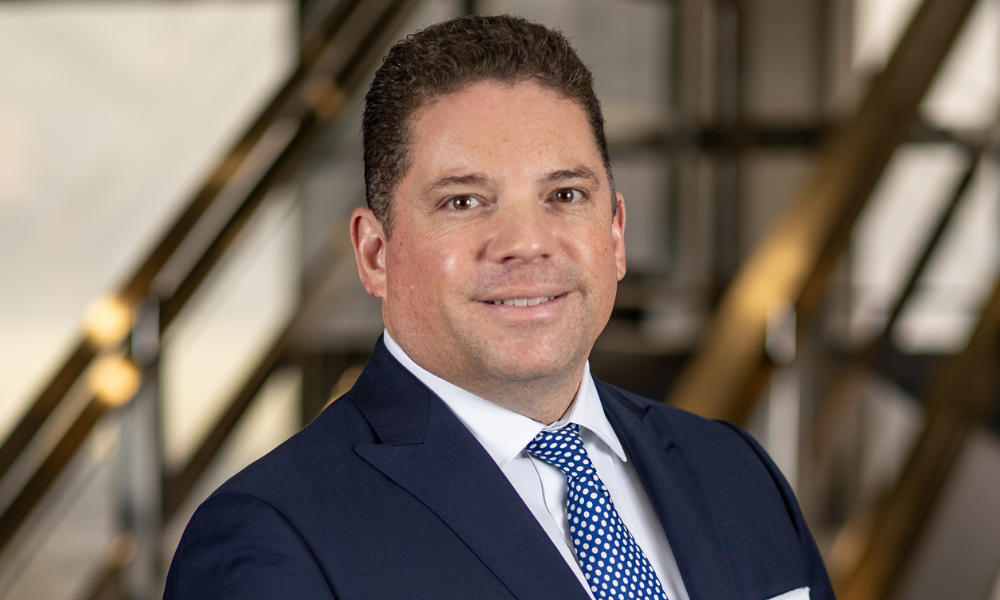Long-term retirement planning for uber wealthy requires more sophisticated advice

Dealing with affluent people requires a more sophisticated plan than pay your bills and live within your means. Higher net worth individuals must understand how much money they need to sustain their lifestyle, and if they don’t have it, need to know what rate of return they need.
“If they’re not tax efficient, they’re just making CRA rich – and if that’s your charity of choice, by all means go to town, but I’ve heard that from very few people,” says Elke Rubach, Principal and Founder of Rubach Wealth. “I say, what if I show you how we can reach the same results without an aggressive strategy that takes unnecessary risks.”
When dealing with efficient tax strategies for high-net-worth clients, a $50,000 deduction from an RRSP contribution isn’t going to cut it. It’s not just about RRSPs or TFSAs for this cohort: it’s time to get creative, Rubach adds.
“From a client’s eye, you need to have a tax efficient estate plan, a tax efficient strategy for while they’re alive, and when the investable assets or the client’s revenue gets chubbier, you need to think outside the box. Think pension plans, think Retirement Compensation Arrangement, and don’t try to do it all on your own.”
While there’s no shortage of things advisors can do, these structures are not for everybody. You must do your homework before presenting options to the client. For Rubach, it’s all about common sense. Ask yourself, in general, what’s your strategy? Why are we getting into trusts, complex structures, and adding corporations? These options cost to set up and manage, and while people in higher brackets typically have less issue paying the fee the value still has to be there, so do your homework. If they pay $10,000 in fees and get a $12,000 benefit, was it worth adding the complexity to the mix? Many would say yes, but “I argue it’s not – I say show me the money, and to this day they haven’t,” Rubach says.
If you can show the value, you’re winning but a truly holistic approach — not one where the advisor says they’re holistic, but just does asset management, Rubach notes — is critical. If you’re not an accountant, for example, work with accountants that can look at everything, and then all professionals involved come up with a plan for the client. Rubach works with a team and they run through scenarios before presenting anything to the client.
And, most importantly when dealing with complex structures, make sure your client understands how to get into it and how to get out of it. If they never truly grasp it or forget how they work, when markets go south clients may claim you never told them about the ins and outs of the plan. If you have the client take the time to tell you exactly what they want, you can more quickly and accurately tell them how to get there — and having them tell you also puts some of the responsibility for the strategy on the client.
Another question to ask yourself is does the whole family unit understand what you’re putting in place? If one spouse gets it, great, but what if they die? Does the remaining spouse know what’s going on? As an advisor, think long term — do you have a relationship with the client’s family so if something happens to them, you can guide their loved ones through?
“Our job is to simplify things for the client and to take good notes,” Rubach says. “I’m a big fan of litigator Ellen Bessner who says you might not know everything but you better write everything down. It’s a risk management tool.”
In many ways, it all comes back to solid communication with clients (and, of course, common sense in that you should never wait until the market is in the gutter before you reach out). This goes back to are you Walmart or are you Whole Foods? If you have a million clients, it’s hard to look after them all the same way so segmenting is important. Young professionals have a less complex planning strategy requirement, but that doesn’t mean they don’t need attention. They’ll get there — you just have to be with them until they do.
“Think long term, and your chances of freaking out with all this volatility are slimmer. It hurts to see investments go down, but if advisors have clients in a long-term plan strategy, it’s easier to reassure them,” Rubach says. “Stop doing major reactions and literally take a step back. Understand as an advisor, and educate your client on, the advantages of a long-term approach and diversification over time.”



